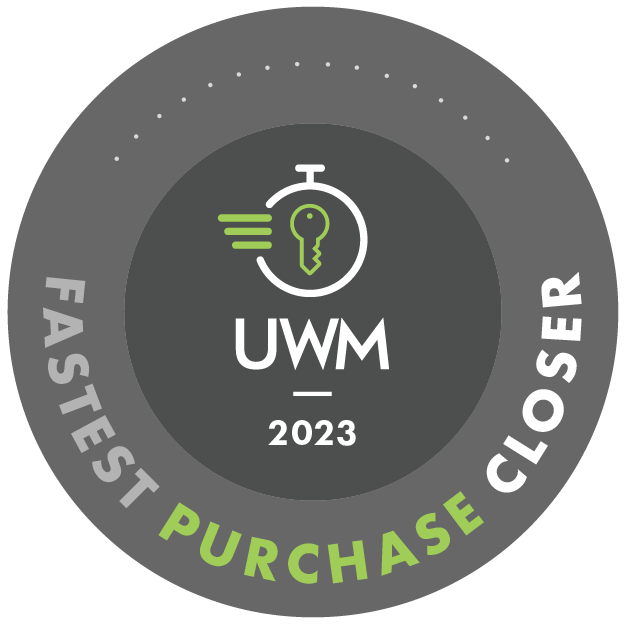Understanding the Economic Ripples: Broader Impacts
The recent credit downgrade by Moody's has stirred a wave of concern among Americans. This significant shift from a pristine Aaa to Aa1 credit rating is more than just a headline—it's a ripple through the economic fabric of the nation. As borrowing costs rise, there looms a potential slowdown in economic growth. This could impact job markets by putting pressure on consumer confidence and altering the long-term economic outlook. It's crucial to understand that this isn't just an abstract concept but a real concern for those navigating the economic landscape today.
Loan & Mortgage Rates: A New Norm?
For those planning to buy a home or refinance, the downgrade may lead to a less favorable financial environment. Mortgage rates, which could hover around or exceed 7%, are indicative of the cost increase in borrowing. This hike could potentially put homeownership out of reach for some and add to the financial burden of current homeowners. It's a tangible reminder of how interconnected global assessments are with everyday financial decisions.
Investment Portfolios: Navigating Volatility
Moody's decision introduces a layer of volatility, particularly affecting fixed-income investors. With the potential for increased market fluctuations, reviewing your asset allocations with financial advisors becomes paramount. Adapting to these changes and preparing for potential market swings will be critical for maintaining financial health. The downgrade is a cue to ensure your investment strategies are resilient amidst heightened uncertainty.
Staying Empowered Amid Change
While Moody's credit downgrade is indeed a serious development, it's also a reminder of financial adaptability. It underscores the importance of being proactive in managing one's finances and staying informed. By seeking personalized advice and regularly reviewing financial plans, you can better navigate the changing economic landscape. Economic shifts are part of the financial journey, and staying empowered with knowledge is your best tool for adaptation.


